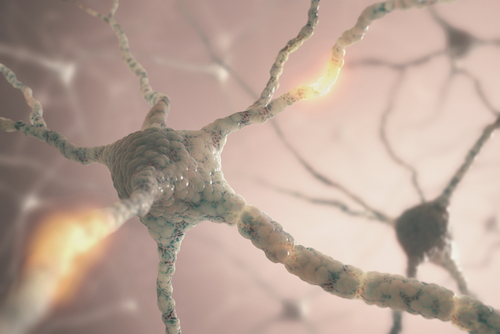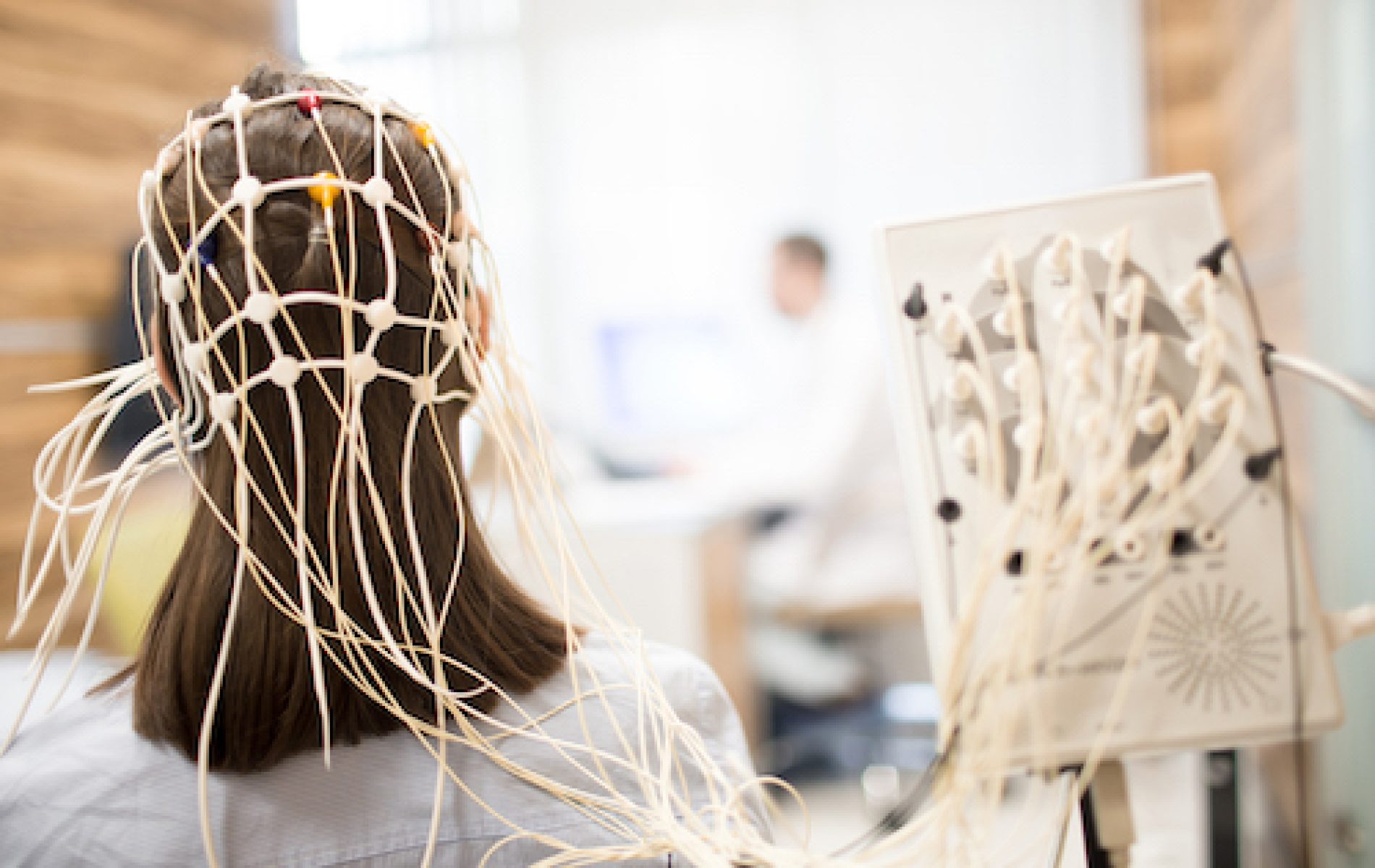We spend our entire lives collecting memories. For many, memories are more precious than any other earthly possession. Perhaps this is why diseases that seemingly rob one’s ability to remember, like Alzheimer’s, are especially frightening and difficult to deal with.
Today, scores of researchers are trying to understand how to treat those suffering from the devastating loss of memory – and the need for this research only grows as the prevalence of Alzheimer’s disease increases. Although many questions remain unanswered, scientists and doctors are more able than ever to helping those who suffer. Indeed, one answer to the exact mechanism of memory loss and associated treatment might be closer than we realize.

Memory Loss and Alzheimer’s Disease
As research continues on the exact mechanism of Alzheimer’s-related memory loss, two schools of thought have emerged. One is that patients with Alzheimer’s are not able to store new information properly while the other proposes that their ability to recall information has been weakened by the disease. The majority of Alzheimer’s research has focused on the first school of thought and subsequently honed in on how to improve memory storage. However, experts are now beginning to look at the theory of weakened memory recall.
Weakened Memory Recall and a Reason for Hope
Alzheimer’s most common symptoms is difficulty recalling information that a person has been recently exposed to. Historically, there is very little scientific scrutiny regarding weakened memory recall in patients with the disease, and as a result it has received far less popular attention. This began to change in 2016, when scientists published a paper in Nature Research Journal on the connection between memory storage and recall processes in animal models with early stages of the disease.

The findings were intriguing. To start, it is difficult to tell the difference between deficits in memory storage problems and memory recall because standard cognitive tests rely primarily on the patient’s verbal ability to describe and recall events. But neuroscientist and Postdoctoral Associate at the Broad Institute of MIT and Harvard, Dr. Dheeraj Roy, took a different approach, shedding some light on memory recall in patients with Alzheimer’s disease.
In Dr. Roy’s approach, the neurons, or engrams, that store memory information were activated through a process called optogenics, which is a process of introducing a light sensitive gene into the memory engram cells of mice with Alzheimer’s. Pulses of blue light were administered to activate the cells and memory recall strength is measured. The researchers were shocked to find that the numbers of engram cells in normal healthy animals and those with Alzheimer’s were the same, which suggested that perhaps the memory storage process is still in place and that the necessary step then is to target the recall process to improve memory. By doing so, the animals with Alzheimer’s were able to reach the same performance level of memory recall as animals without the disease. This means that by targeting memory recall processes, scientists may be able to improve memory in patients with Alzheimer’s.
Although the underlying cause of Alzheimer’s-associated memory loss remains unclear, patients with Alzheimer’s disease may be able to benefit from targeting recall. By enabling them to bring back more memories, new therapies can lessen the devastating blow that the disease has patients and families alike. Research is expected to continue in this exciting new development in brain health.
To learn more about memory loss and brain training, contact us at NeuroGrow.com.
This article was written by Mrs. Courtney Cosby and edited by Dr. Majid Fotuhi.




